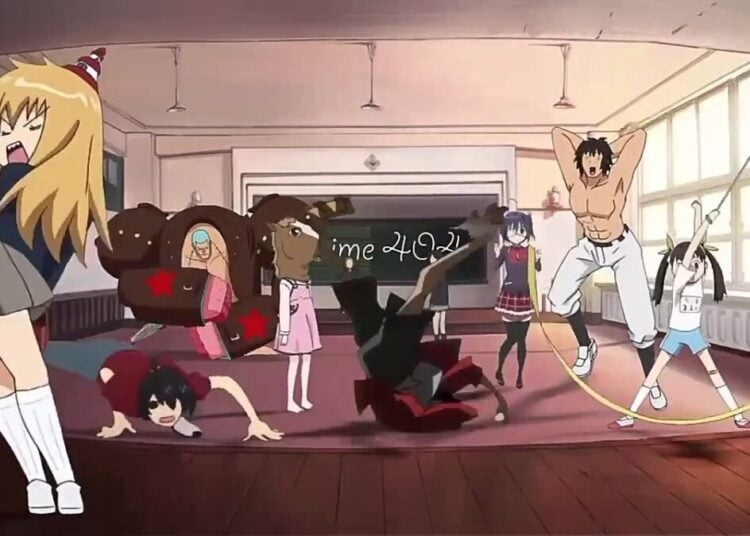You probably don’t think of Japan as a military power, but the country does possess a large military force with an annual budget of $46 billion dollars. The Japanese military is called the 自衛隊 jiei-tai (“Self-Defense Forces” or SDF) and was created in 1954 as a strictly defensive force after the end of the Allied Occupation of Japan. Being an all-volunteer defensive military, the SDF lacks certain features such as aircraft carriers, air-to-surface missiles, bombers and marines, and all Japanese fighter jets are modified with short-range fuel tanks to ally any fears Japan’s neighbors might have of ever being attacked. One of the biggest problems with Japan’s military forces is that they’re basically extra-legal — Article 9 of Japan’s constitution strictly states that “land, sea, and air forces, as well as other war potential will never be maintained” despite the daily reality of Japan’s armed forces. In the 21 years that I’ve lived here, there have been numerous attempts at amending the constitution to give the SDF some official legal status, but Japan’s strange form of democracy, in which every little political party has the right to shout out their opinion and consensus is very hard to reach, has made this impossible so far. One popular type of obsession in Japan is “military otaku,” and there are Japanese who love everything about Japan’s armed forces. There’s a whole sub-grouping of anime series specifically designed to appeal to these military fans, from Girls und Panzer to Muv-Luv Alternate: Total Eclipse.

Muv-Luv is an anime that appeals to Self Defense Forces otakus.















